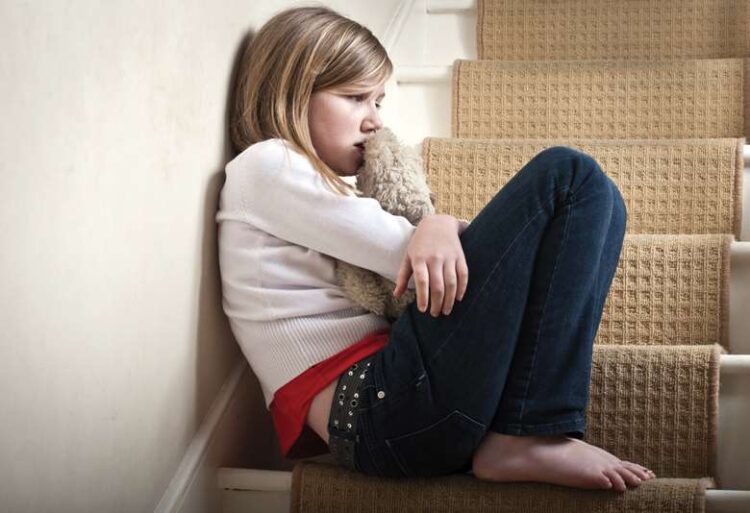By Charlotte Webster-
A month-long campaign has been launched to encourage victims and survivors of child sexual abuse to reach out to the Child Sexual Abuse Review Panel (CSARP) for support in their pursuit of justice.
The initiative, which began on September 18, aims to raise awareness about the CSARP’s mission and its commitment to addressing cases where victims or survivors believe that previous investigations did not deliver justice.
The CSARP is a collaborative effort between the National Police Chiefs’ Council (NPCC) and the Crown Prosecution Service (CPS). Its primary function is to reevaluate cases where victims or survivors feel that decisions to take no further action in investigations were unjust.
Over the past decade, the panel has already reviewed more than 200 cases, demonstrating its dedication to rectifying past injustices.
The CSARP focuses on cases involving child sexual offences reported prior to June 5, 2013. Its mandate is to assess whether the original approach taken by the police or CPS in these cases was flawed.
The panel meticulously examines the evidence, information provided by relevant law enforcement agencies, and the decisions made at the time. Subsequently, it advises on whether allegations should be reinvestigated or subjected to further review.
When the CSARP determines that a case warrants reinvestigation or review, it is returned to the originating police force or CPS area for necessary action.
However, if the panel upholds the original decision to take no further action, the victim or survivor is informed via a letter. In such cases, specialist support and assistance are provided, recognizing the profound impact child sexual abuse can have on individuals.
Ian Critchley, NPCC lead for child protection and abuse investigation, acknowledged the formidable challenges of addressing non-recent child sexual abuse cases. He emphasized the ongoing commitment of law enforcement agencies to enhance their approach to tackling such heinous crimes.
Critchley stated, “Investigating non-recent child sexual abuse is one of the most complex and challenging areas of policing. The approach today to tackling child sexual abuse has evolved and is much improved in many aspects.
However, there is still much for us to do, and making these improvements is a significant priority for national policing. We remain dedicated to our relentless pursuit of offenders and work determinedly to bring them to justice as we tackle this most abhorrent abuse.”
Seeking Justice for Lifelong Trauma
Nicola Haywood, Deputy Chief Crown Prosecutor and CPS child sex abuse lead, emphasized the lifelong trauma that child sex abuse victims endure.
Haywood affirmed the commitment of the panel, in collaboration with law enforcement agencies, to explore new avenues for investigation and prosecution in cases where there is insufficient evidence for a realistic prospect of conviction.
“In the past ten years, since the panel was established, we have reviewed more than 200 cases,” Haywood stated, highlighting the significant impact of the CSARP in striving for justice.
The CSARP was established in June 2013 to address cases not covered by the Victims’ Right to Review (VRR) scheme. While the VRR was introduced to simplify the process for victims to seek a review of CPS decisions regarding charges or termination of proceedings, it is applicable only to decisions made on or after June 5, 2013.
The current campaign to raise awareness about the CSARP and its mission will continue until October 13. Its aim is to ensure that victims and survivors of child sexual abuse are aware of the resources available to them and have the opportunity to seek justice for the abuse they endured.
A Collective Commitment to Justice
The CSARP’s existence underscores a collective commitment to addressing child sexual abuse and providing avenues for justice. Through a comprehensive review process, the panel offers hope to victims and survivors who may have previously felt let down by the system.
In a world where justice often feels elusive, campaigns like this serve as a beacon of hope, reminding victims and survivors that they are not alone and that their quest for justice is supported and valued by society.




